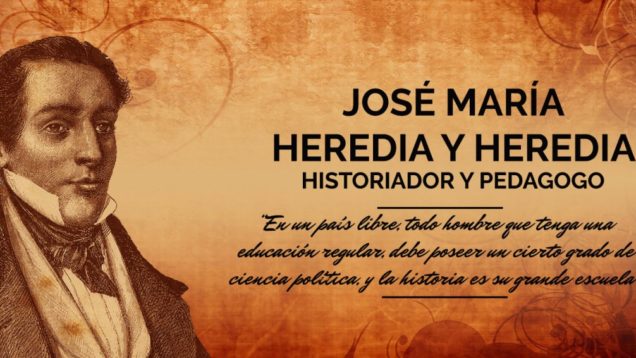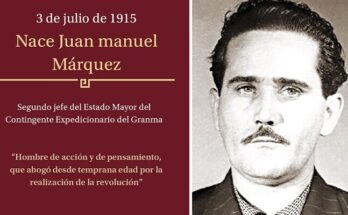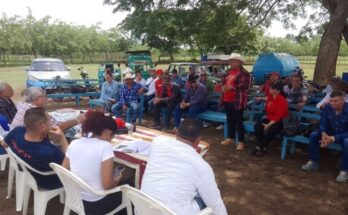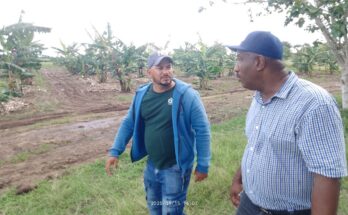José María Heredia y Heredia transcended in history as one of the initiators of romanticism in Latin America and a fundamental poet of the Spanish language; with a poetic work full of patriotic feelings and independence thinking, and for his connection with the political struggles against oppression, he is included among the precursors of the Cuban revolutionary process.
Born on December 31, 1803 in Santiago de Cuba, his father was his main teacher, and he was a lawyer, language teacher, diplomat, journalist, historian, deputy, typographer and translator; he wrote numerous poems, history and theatre plays, legal reports, wrote newspapers and always served his country and Mexico with dignity and sacrifice.
In 1823 he received his law degree at the Audiencia de Puerto Príncipe; but, denounced and persecuted for being one of the suspects in the conspiracy of Soles y Rayos de Bolívar, he traveled to the United States where he learned that he had been sentenced to exile and in New York the first edition of his poems was published, which gave him continental fame.
In 1825 he moved to Mexico, invited by the president of that nation, Guadalupe Victoria, and was appointed official of the Secretary of State and the Office of Interior and Foreign Affairs, and for more than a decade he founded, wrote and collaborated in various journals publications.
Known as El Cantor del Niágara, in 1836 he returned to Cuba, after recanting his revolutionary ideals, and traveled to Mexico, where he died on May 7, 1939.





